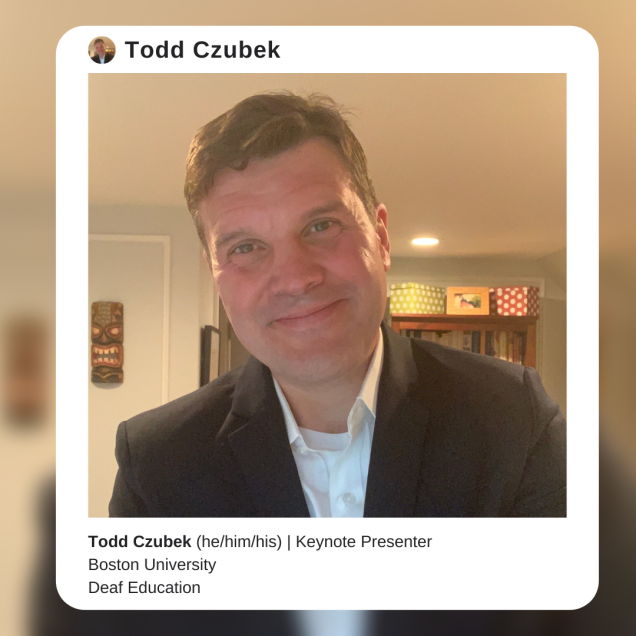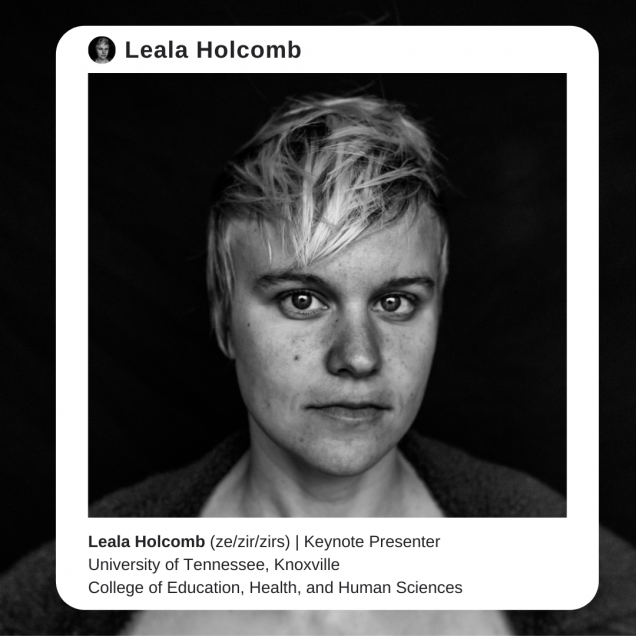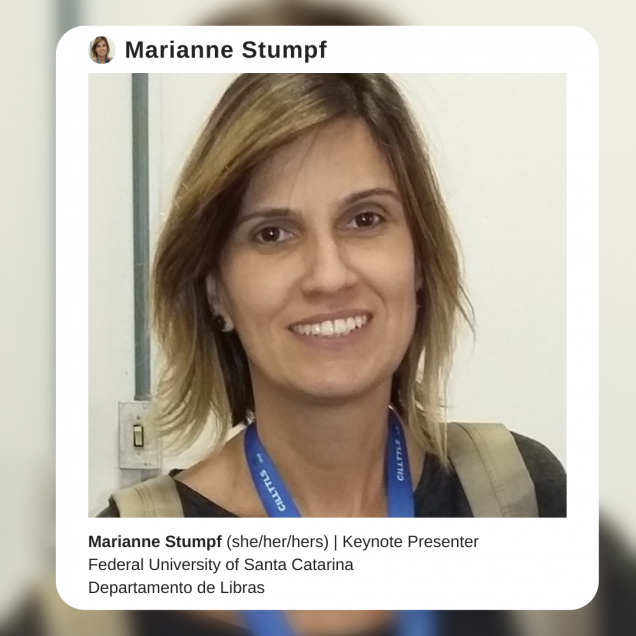Keynote Presenters
We are pleased to announce keynote presentations from the following researchers and practitioners:
Meet Dr. Todd Czubek, a faculty member in Boston University’s Deaf Education Program and co-author of the Bilingual Grammar Curriculum! Todd earned his Ph.D. in Applied Linguistics at Boston University after 15 years as a classroom teacher. He has been involved in multiple projects designed to improve teaching strategies, applied literacy, and student outcomes especially as they relate to the role of ASL in Deaf children’s academic programming. Todd’s interests include exploring how the modality and affordances of ASL, as well as ASL Literacy, can contribute to rethinking texts, composition, genre, and academic programming for Deaf children. Todd will be one of the keynote presenters at ICSLA 4.
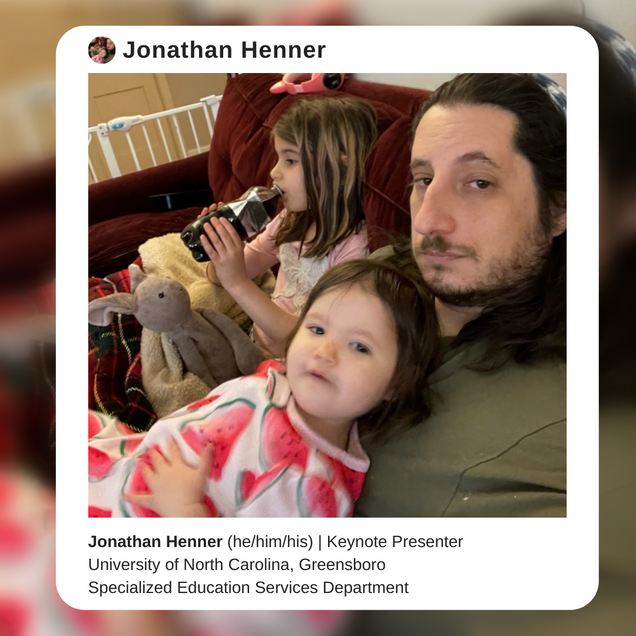
Meet Dr. Jonathan Henner, Ed.D. an assistant professor at University of North Carolina: Greensboro. His work thus far has taken three strands: a) he examines how different factors impact the development of language and cognitive skills in deaf and hard of hearing, b) he looks at how to best assess and measure the language skills of deaf and hard of hearing populations, and c) he examines the experiences that deaf academics have in academia and how professors, researchers, and scientists interact with deaf people. Henner will be one of the keynote presenters at ICSLA 4, giving an address titled “Can we ethically patch the broken languages of broken people?”. This presentation will explore what happens when theory meets reality, and if it is possible to reconcile the idea that no one ever languages wrong with the real life consequences of languaging wrong, especially in school environments.
Meet Dr. Leala Holcomb (ze/zir/zirs), a postdoctoral research associate at the University of Tennessee, Knoxville studying language and writing development. Leala is a co-editor of the special issue, “Translanguaging in Deaf Communities” in the Languages journal. Ze has published almost a dozen peer-reviewed articles on language and literacy in deaf children. Ze used to be an ASL teacher in an early childhood program, which inspired zir to later co-found Hands Land. Hands Land is a non-profit organization that promotes language play through signed rhyme and rhythm. Leala will be one of the keynote presenters at ICSLA 4, giving an address about deaf cultural ways of teaching and learning.”
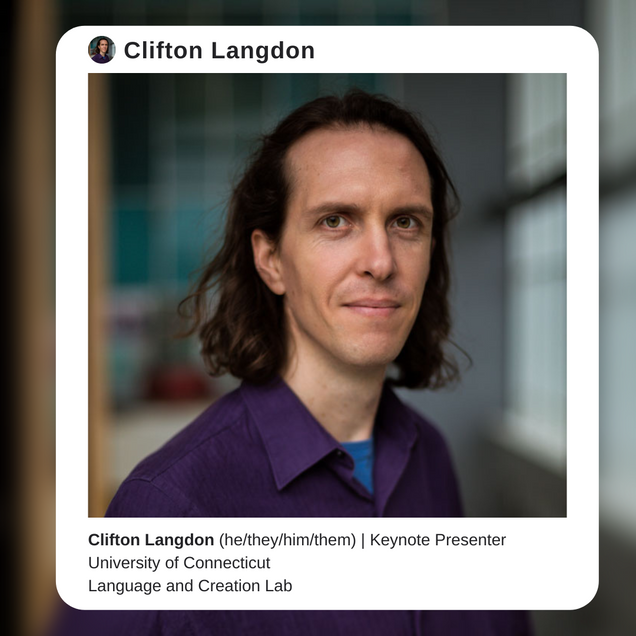 Meet Dr. Clifton Langdon, PhD., a research associate at University of Connecticut with Dr. Marie Coppola, studying relationships between language and numerical cognition. Langdon has used behavioral and neuroimaging approaches with multiple populations (deaf, deafblind, sighted, hearing, signers, and non-signers) in order to advance understanding of first language exposure timing and modality effects. Langdon’s work finds support for the hypothesis that, regardless of modality, the affordances of accessible and early language exposure optimally support development of numerical cognition as well as the neural networks underlying reading and language. Langdon will be one of the keynote presenters at ICSLA 4, giving an address titled “Change or Preservation of Neural Function: Beyond the Dichotomy”. This presentation will discuss how interpretations of neuroplasticity must consider the interactions between structural connectivity, lower-order sensory processes, and higher-order cognitive processes in order to provide an overview of the current understanding of neuroplasticity, and how this work can address competing findings on the effects of early and late first language acquisition in deaf sighted and deafblind individuals.
Meet Dr. Clifton Langdon, PhD., a research associate at University of Connecticut with Dr. Marie Coppola, studying relationships between language and numerical cognition. Langdon has used behavioral and neuroimaging approaches with multiple populations (deaf, deafblind, sighted, hearing, signers, and non-signers) in order to advance understanding of first language exposure timing and modality effects. Langdon’s work finds support for the hypothesis that, regardless of modality, the affordances of accessible and early language exposure optimally support development of numerical cognition as well as the neural networks underlying reading and language. Langdon will be one of the keynote presenters at ICSLA 4, giving an address titled “Change or Preservation of Neural Function: Beyond the Dichotomy”. This presentation will discuss how interpretations of neuroplasticity must consider the interactions between structural connectivity, lower-order sensory processes, and higher-order cognitive processes in order to provide an overview of the current understanding of neuroplasticity, and how this work can address competing findings on the effects of early and late first language acquisition in deaf sighted and deafblind individuals.
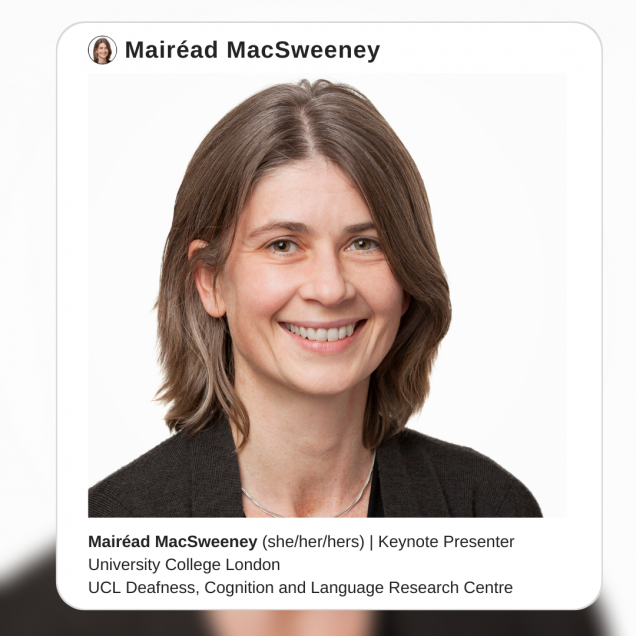
Meet Dr. Mairéad MacSweeney, the Director of the UCL Deafness, Cognition and Language Research Centre at University College London (UCL) and a Wellcome Trust Senior Research Fellow at the Institute of Cognitive Neuroscience (UCL). MacSweeney uses both behavioural and neuroimaging approaches with deaf adults and children to further understand sign language processing and she is particularly interested in reading development in deaf children. Another area of her research focuses on neuroplasticity: what is the function of ‘auditory’ cortices in superior temporal cortices in those born profoundly deaf? In addition to informing our basic understanding of brain development and the neurobiology of language, this research may also contribute to advancements in educational practice with deaf children. MacSweeney will be one of the keynote presenters at ICSLA 4, giving an address titled “Insights into sign language acquisition from neuroimaging” about recent neuroimaging studies that offer insights into the consequences of different ages of sign language acquisition, and how these works lend support to the argument that early access to a fully accessible language is necessary for development of a ‘native like’ language processing network in the brain.
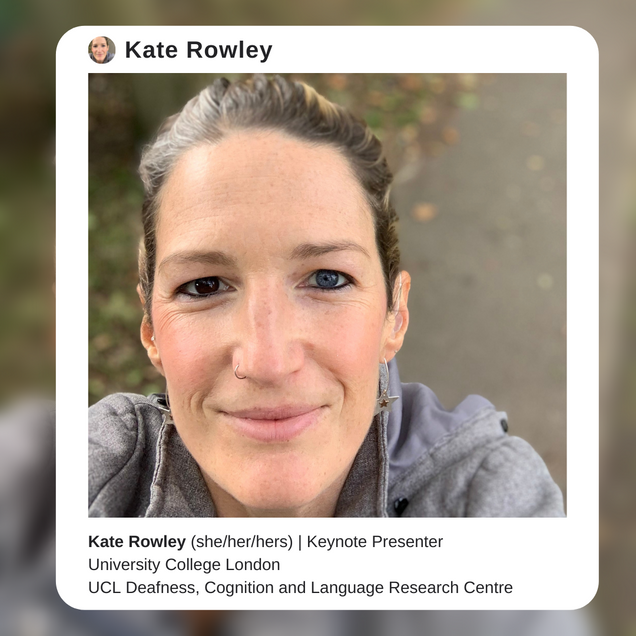
Meet Dr. Kate Rowley, a deaf psycholinguist, specialising in language and literacy development of deaf children. Dr Rowley is a lecturer in Deafness, Cognition and Language (DCAL) at University College London (UCL) and has worked in this field for over 15 years. Dr Rowley is now leading a research project, at UCL, looking at language comprehension skills in deaf children. For her keynote talk, Dr Rowley will be talking about how we track and assess bimodal bilingual development in deaf children. For more information about Dr Rowley, you can have a look at her website www.kate-rowley.co.uk
Meet Dr. Marianne Stumpf, a professor at the Federal University of Santa Catarina. Marianne develops research on “Literacy of the Deaf: Application of Sign Language Writing in Portuguese Language Teaching.” with the study group for the development of the SignWriting system in the field of applied linguistics. She is the author of the curricular references for the teaching of Libras aiming to expand the understanding of the importance of investing in the curriculum of Brazilian Sign Language as a first language (L1). Marianne will be one of the keynote presenters at ICSLA 4.
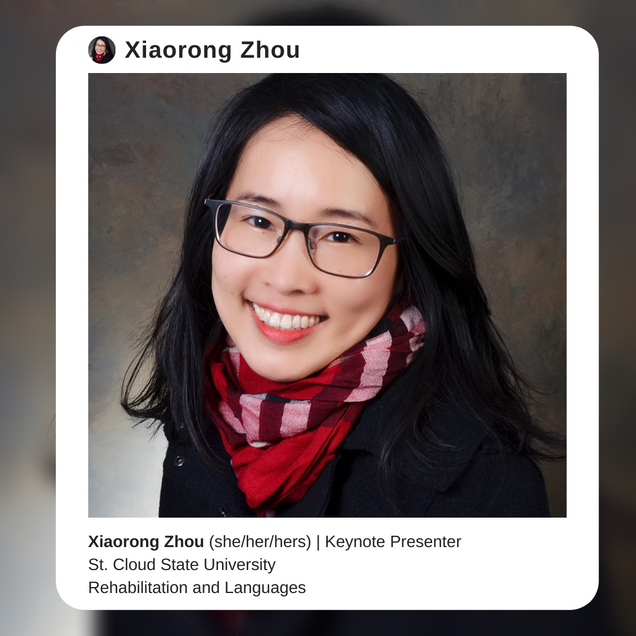
Meet Xiaorong Zhou, a research scholar at St. Cloud State University. She holds a master’s degree in rehabilitation and languages. Xiaorong specializes in collaborating, cultivating, and utilizing her broad global network for the purpose of research and development of Deaf culture-based programs and sign languages for both Chinese and American Deaf academic communities. She also provided multicultural guidance regarding accessibility laws, cultural sensitivities, empowerment of Deaf identities, and facilitations/collaborations of American Sign Language/Chinese Sign Language/Korean Sign language for international Deaf communities. Xiaorong loves traveling the world, trying new cultural food, and learning new regional sign languages. She will be one of the keynote presenters at ICSLA 4.
